
Winguard G
WinGuard G to Boost PV system efficiency, self-clean glass & increase transparency.
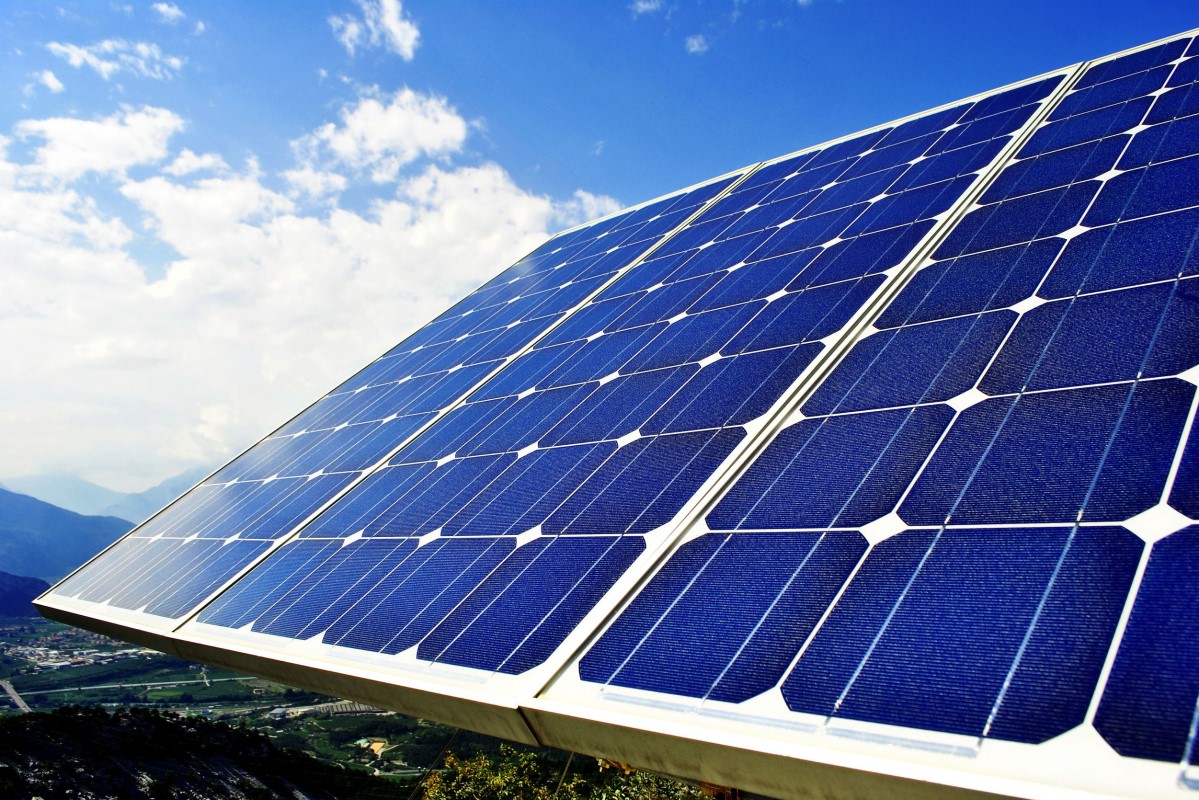
Winguard G - is an invisible coating based on nanostructured particles. It has anti-static and anti-fogging properties, preventing dust accumulation. It repels the dust that physically settles on and bonds with the glass surface. Due to its hydrophilic properties, water cannot form droplets that scatter light, and prevents fogging even in high-humidity and low-temperature conditions

Problems we solve
- 1.
Dust and Dirt Accumulation:
Dust and dirt particles will accumulate on the glass surface. This accumulation can reduce visibility, reduce efficiency, and require frequent cleaning. - 2.
Reduced Transparency and Fogging:
The roughness due to the accumulation of dust and dirt can cause light to scatter, reducing efficiency. Glass surfaces in high humidity or low-temperature conditions are more likely to fog up. - 3.
Frequent Cleaning Requirements:
Surfaces need to be cleaned more frequently to maintain their appearance and functionality. This can be time-consuming and expensive. - 4.
Maintenance Costs:
Regular cleaning and maintenance of glass surfaces can incur significant costs, including labor, cleaning products, and equipment. - 5.
Durability:
The accumulation of dust, dirt, and other environmental contaminants can degrade the quality and integrity of glass surfaces.
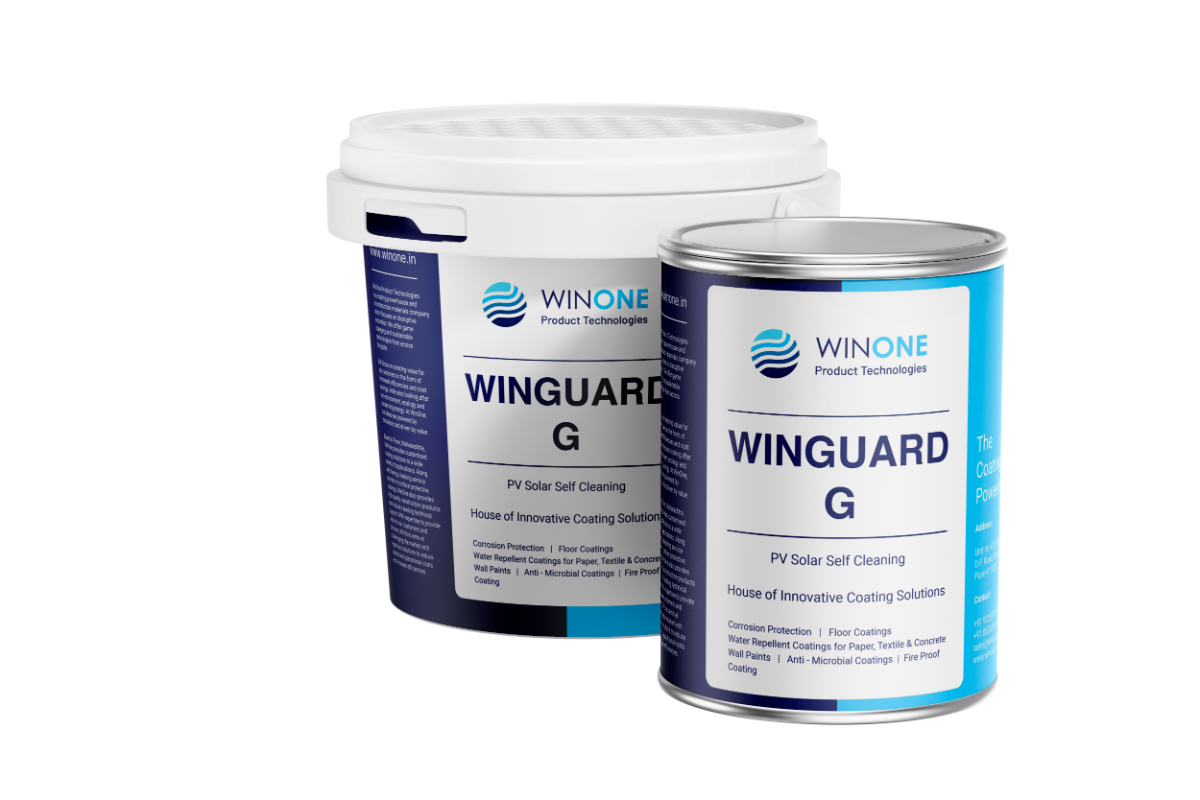
Features
- 1.
Antistatic Properties:
Prevents dust accumulation on glass surfaces. This keeps surfaces cleaner for longer, reducing the need for frequent cleaning and maintenance, especially in dusty environments. - 2.
Super Hydrophilic:
Enhanced Visibility: This prevents water droplet formation, improving visibility during rain and high humidity conditions, enhancing safety and aesthetics. - 3.
Increased Transparency :
Reduced Reflection: Nanostructured particles decrease local roughness, minimizing light scattering and reflection. This results in enhanced transparency, making it ideal for architectural glass, displays, and optical devices. - 4.
Longevity:
Chemical Bonding: It chemically bonds with glass, ensuring a long-lasting solution. This durability provides sustained benefits, reducing replacement costs and maintaining glass quality over time. - 5.
Solar Efficiency:
Reduced Soiling Losses: It decreases up to 90% of soiling losses on photovoltaic panels. This improves energy production efficiency, extends panel lifespan, and contributes to cleaner energy generation.
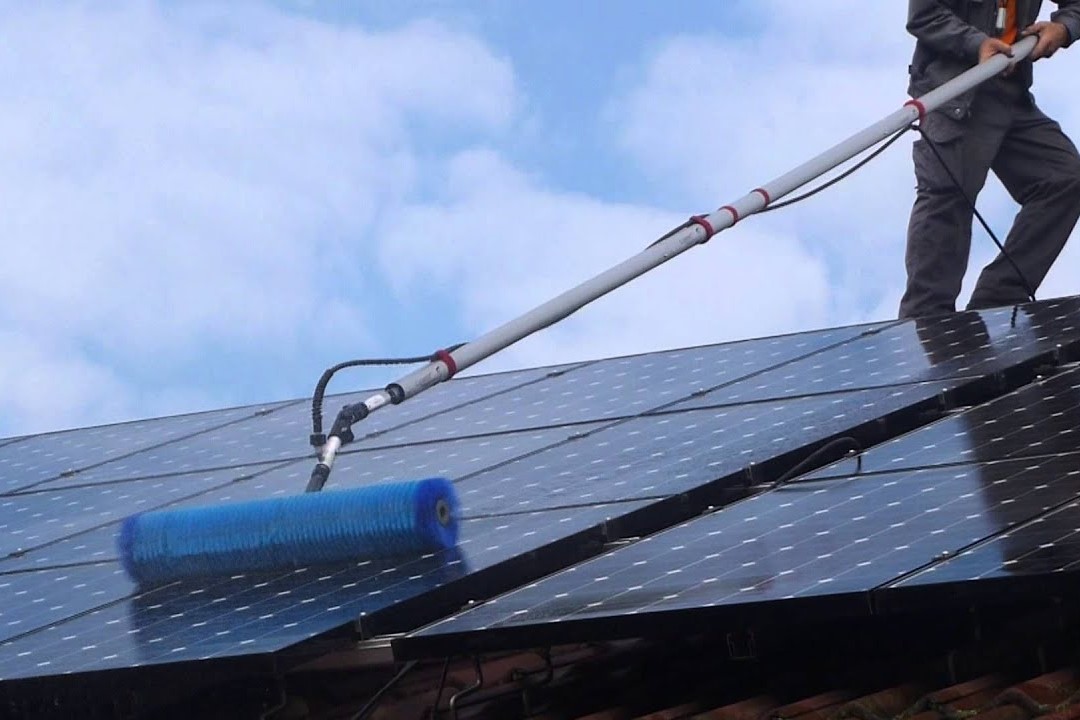
How to Apply
- 1.
Application Process:
Winguard G is applied using a self-moving brush spreader application which deposits a uniform layer of coating throughout the panel surface. - 2.
Application Equipment:
The application machinery is developed by Winone Product Technologies, and a trained team of applicators is required so as to ensure the quality of work. - 3.
Drying:
Allow the coating layer to dry for at least 24 hours, ensuring the coating's effectiveness and durability.
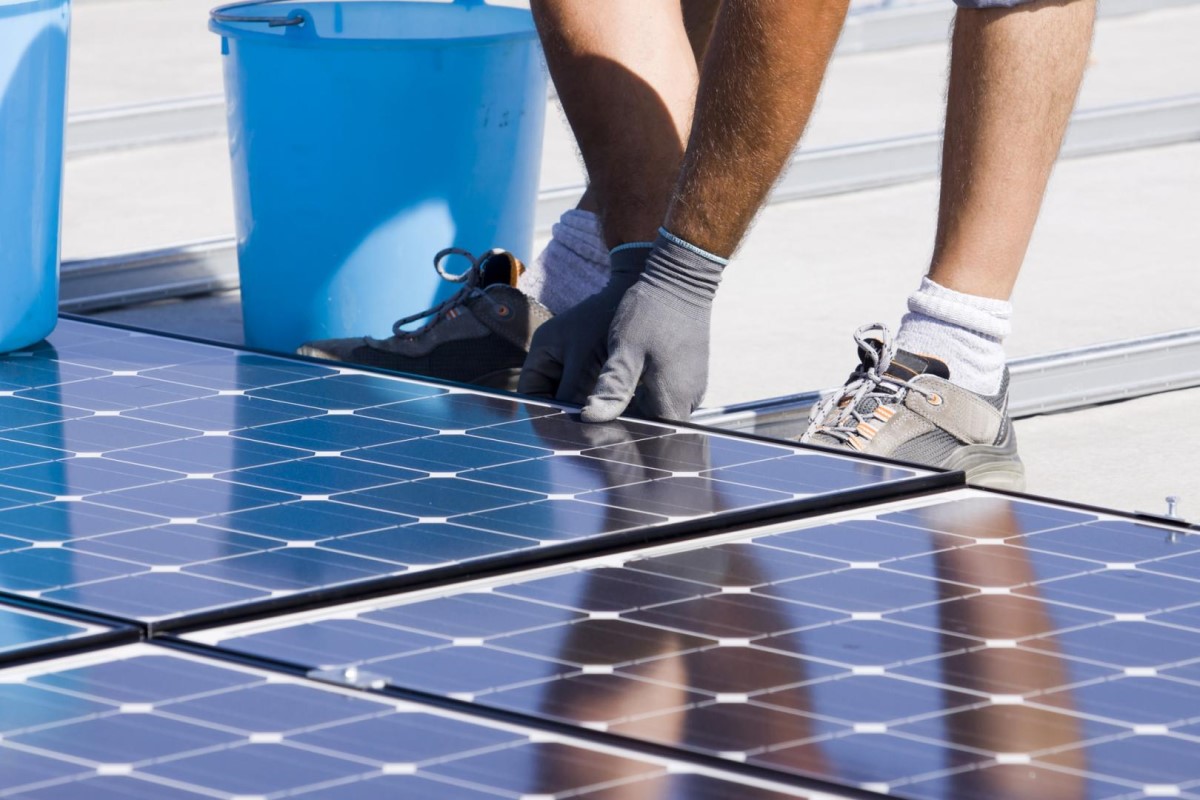
Case Studies
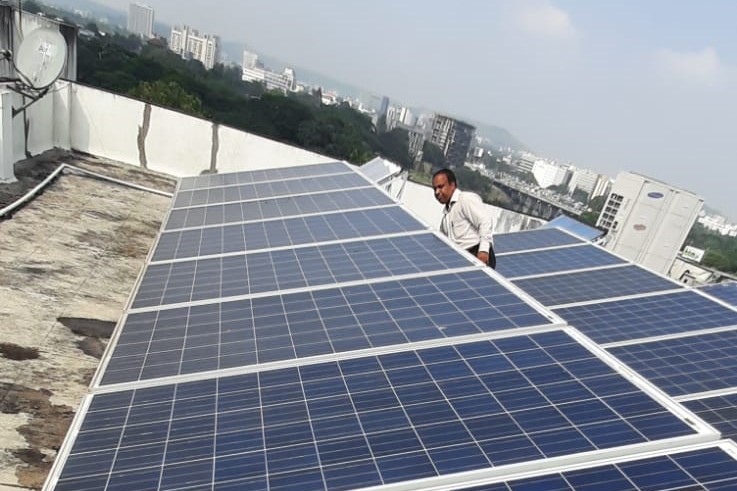
Siddha Lakshmi - Solar PV Panels
Our self cleaning and dust repellant nano coating helped one of the major solar module supplier to increase efficieny and reduce the maintenance costs drastically with the help of our solar panel coating. This coating was simply applied over clean panels and allowed to cure for 3 days. The panels then became self cleaning for a long duration, reducing the maintenance costs by up to 75% and increasing efficiency of panel by 1-3%.
